How to Inspect a Septic System Before Purchase
Are you in the process of buying a home where a septic system is used? Do you want to ensure the property and its septic system are in good condition? Inspecting a septic system prior to purchase can be an important way to identify any potential problems or maintenance needs.
This guide will provide you with tips on how to inspect a septic system before purchase, as well as what to look for and other factors to consider. Read on to learn more about how you can protect yourself from costly repairs down the road.
1. Research Local Septic System Regulations
Before purchasing a house with a septic system, it is important to research local regulations for this type of sewage disposal. Different states and municipalities may have their own rules and best practices that must be followed when purchasing or maintaining a septic system.
You should begin by checking your local building department or health department as they are likely to have up-to-date information regarding septic systems in the area. Laws and regulations may change over time, so it is important to make sure that the seller has kept their septic system up to date and in compliance with these standards. Taking these steps can help ensure a successful inspection of the septic system before purchase.
2. Identify a Licensed Inspector
Before purchasing a home with a septic system, it is essential to inspect the system. The best way to do this is by hiring a qualified professional. Be sure to look for an inspector who is licensed in septic system evaluations and certified in wastewater systems through the National Inspection, Testing, and Certification Corp program.
Request references from past clients and confirm that their license is valid before allowing them onto your property. Ask as many questions as you can think of when interviewing potential inspectors — inquire about their experience, qualifications, pricing structure, and estimated turnaround time — to ensure you have chosen the right person for the job.
3. Review the Property Deed and Deeds of Adjacent Properties
When inspecting a septic system before purchase, it is essential to review the property's deed. Additionally, research of deeds from any adjacent properties will provide invaluable insight into the septic system's operation and function, as underground outflow and drainage facilities may affect both neighboring lots.
This can help an individual determine whether or not expensive repairs or upgrades must be made if they decide to purchase the property with the existing septic system. It is important to understand exactly what is required before signing on the dotted line so that there are no unexpected surprises when it comes time to use the system.
4. Check for Visible Signs of Damage or Wear to the Septic Tank, Drain Field, and Access Port
During the purchase of a home with a septic system, it is essential to carefully inspect all components before signing on the dotted line. Start with the septic tank by looking for any visible signs of damage or wear, such as cracks or rust spots on the outside walls or lid. If everything looks good in this area, check for solid debris that may have been collected inside.
Move onto the drain field next and assess for any concerning signs such as extreme wetness in marked areas. Finally, make sure the access port is fully visible for future maintenance needs. Paying close attention to these areas can help you determine if additional repairs are necessary before moving forward with the purchase.
5. Test Water Quality Near the Septic System Components
Before purchase, one important step in inspecting a septic system is checking for water quality. To do this, a professional should be brought in to test the water with specific equipment near any potential septic components such as absorption fields and tanks. This testing should cover bacteria levels as well as any other contaminants, giving you peace of mind that this essential element of your residence is taken care of and up-to-date.
They can also advise whether or not it may be best to replace certain parts before making any decisions on the matter overall. Testing water quality during the pre-purchase septic inspection is imperative since it helps ensure stability and safety in the future.
6. Request an Inspection Report From the Previous Owner(s)
If you're considering purchasing a property with its own septic system, it's critical to evaluate the structure and function of the system prior to the sale. Requesting an inspection report from the previous owner(s) is a great starting point to estimate the condition of the septic tank, drainage field, and any related components.
Ask for any records regarding regular maintenance that has been done on the system-- this can give you peace of mind in knowing you'll have an easier time keeping up with necessary upkeep over time. With an accurate inspection report that details any repairs or renovations needed, as well as a knowledge of how carefully the previous owner(s) cared for it, you can make an informed decision about whether or not this home is right for you.
7. Locate All Major Components of the Septic System
When considering purchasing a property with an existing septic system, it's essential to inspect it for signs of damage or malfunctions prior to purchase. An inspector should be able to determine the size and type of the system and assess its condition. The major components of any septic system include a distribution box, inlet and outlet baffles, tanks, drainage fields, and perforated pipes.
All should be located in order to ensure that the septic system is working properly; if any are missing or show evidence of damage or age-related deterioration, the potential risk may mean that the septic system is unfit for the seller’s purpose. A qualified inspector will be familiar with proper examination techniques and processes to reveal key information regarding each component.
8. Schedule a Physical Inspection With a Licensed Professional
Inspecting a septic system before purchase is an important step in ensuring the proper functioning of a home. Rather than conducting the inspection by yourself, it’s prudent to contact a licensed professional to safeguard against damage or malfunction of the system.
Before calling for a professional, spend time researching various service providers in your region; it may be possible to find fair pricing and knowledgeable contractors. When speaking to the professionals, be sure you explain all potential environmental hazards present throughout your property, so that they can come fully equipped with safety precautions that accommodate those conditions.
Schedule an appropriate time for the inspection and make certain they will check all components related to the septic system’s operation such as its filters and pumps before finalizing their visit. Following this thorough process during your home purchase will ensure lasting satisfaction in the coming years.
Inspecting a septic system before purchasing a home with one is essential for avoiding expensive repairs down the road. From researching local regulations to reviewing the property deed and identifying visible signs of damage or wear, it’s important to take the necessary steps to ensure that all components of the system are in good working order. Additionally, it’s important to test nearby water quality and request an inspection report from the previous owners in order to make an informed decision on whether or not this property is right for you. With a successful pre-purchase septic system inspection, you can rest assured that your new home will be safe and functioning properly for years to come.
Are you in the Abilene, KS area and looking for reliable plumbing services? Look no further than
H&H Plumbing Heating & Air! We offer a full range of commercial and residential plumbing services to ensure your home or business is running smoothly. Contact us today to schedule an appointment and get your septic system inspected professionally. Don't wait any longer – call us now and get the reliable service you need. (785) 263-1339!
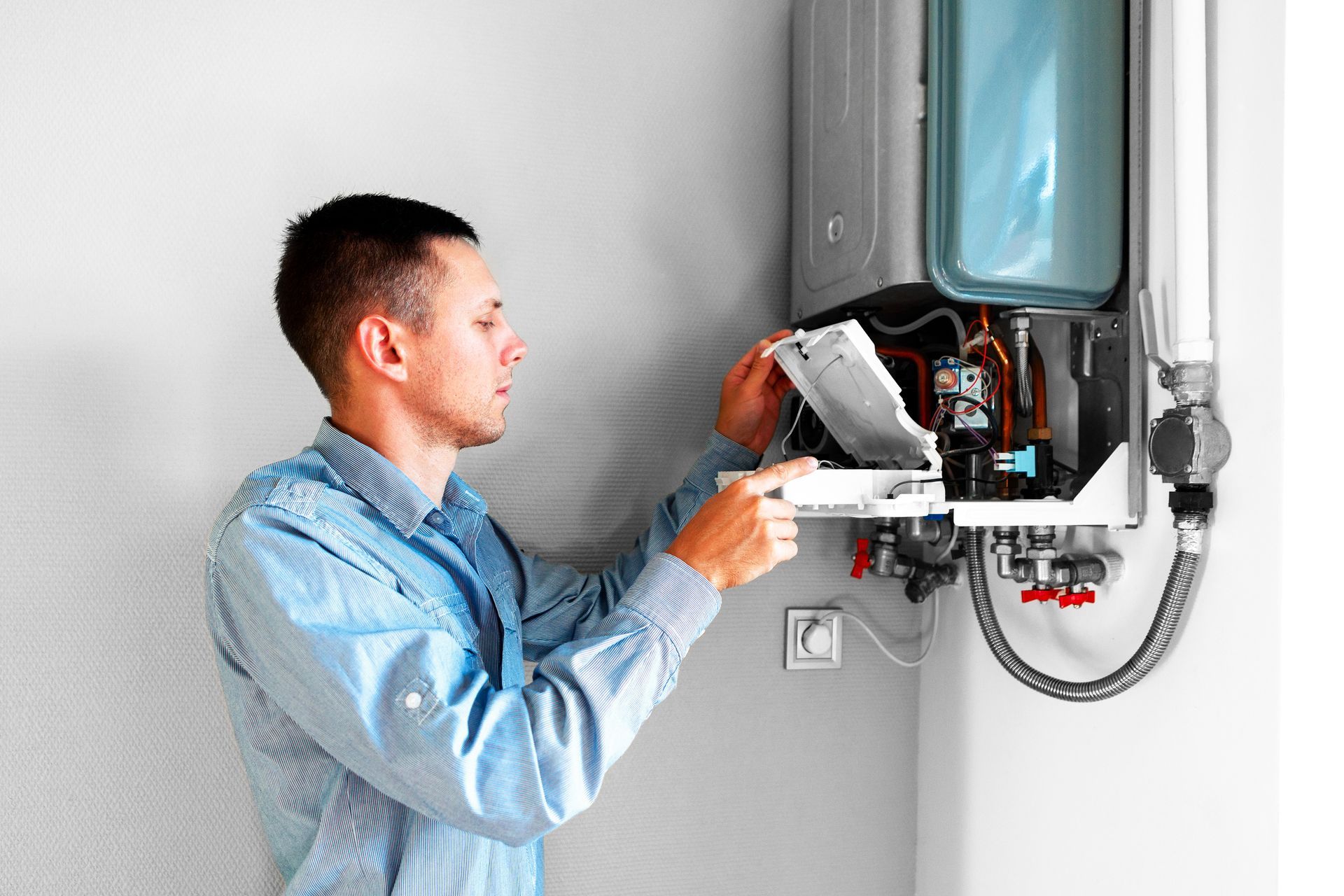

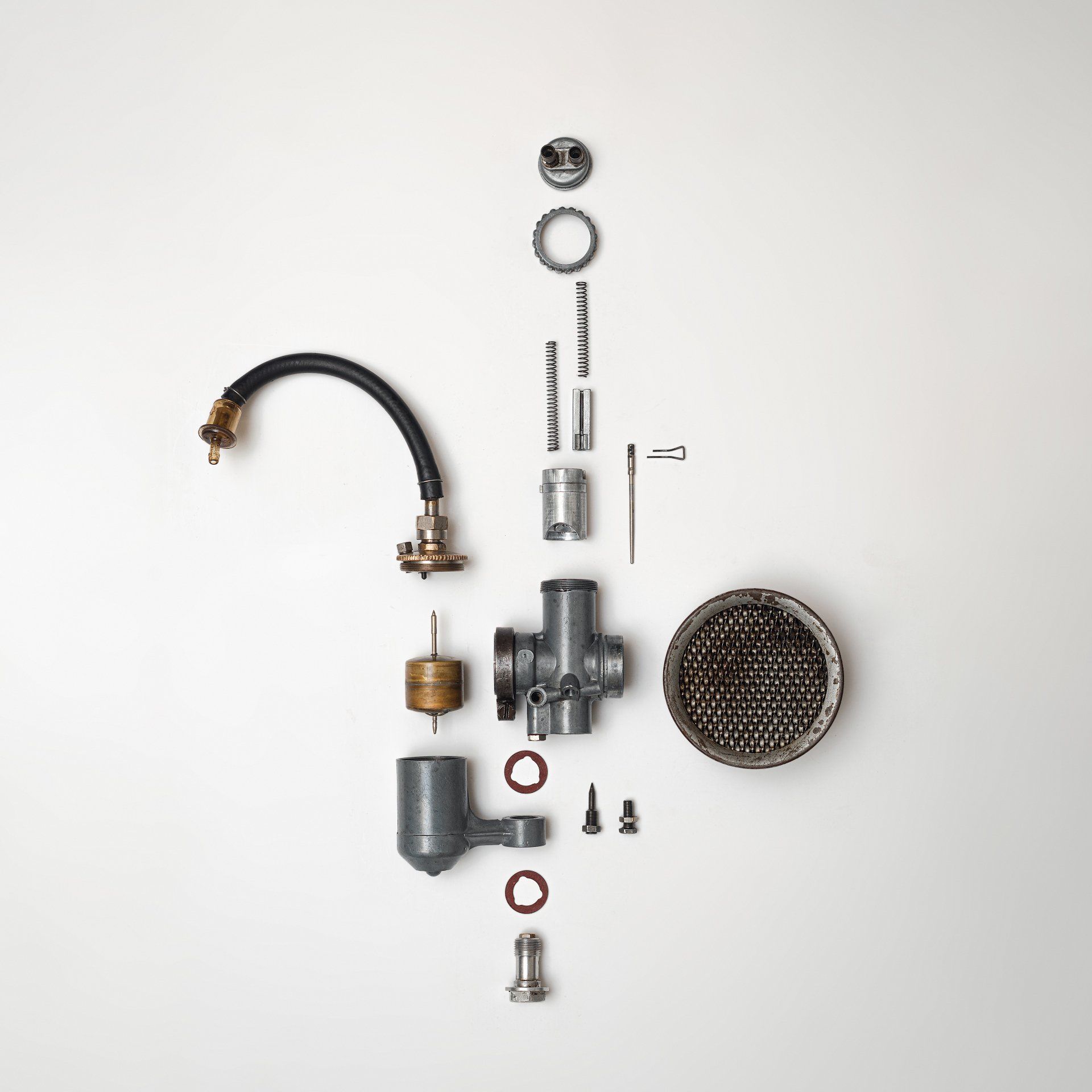
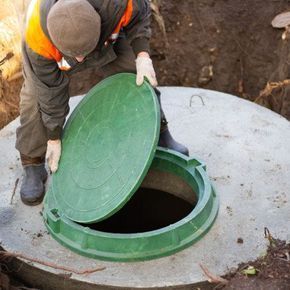
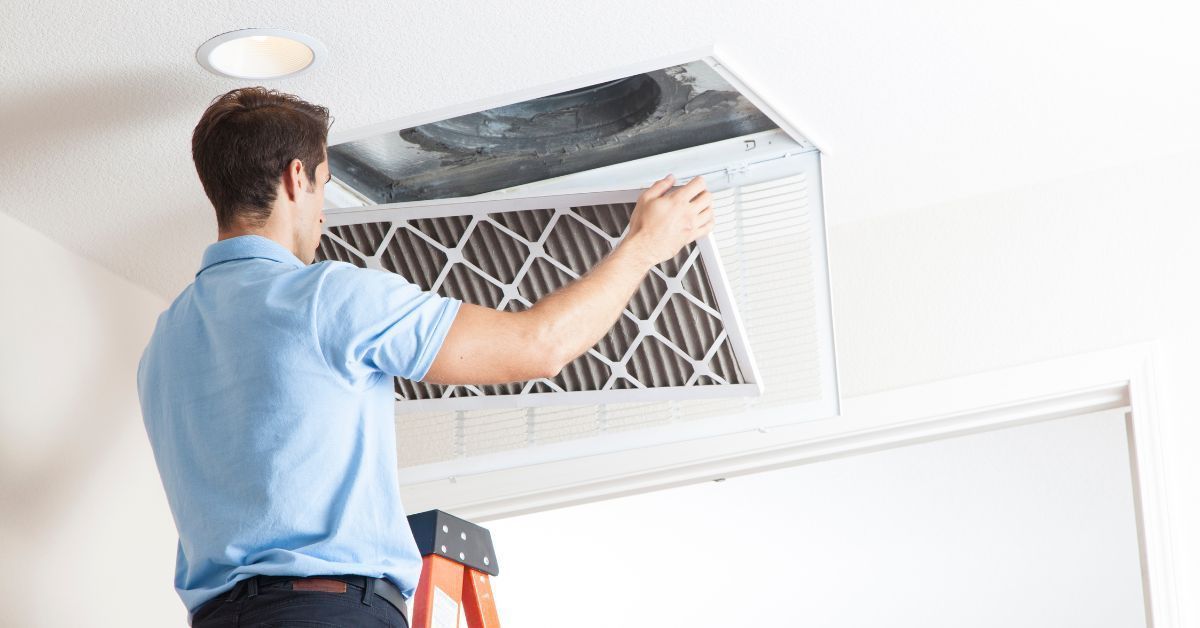

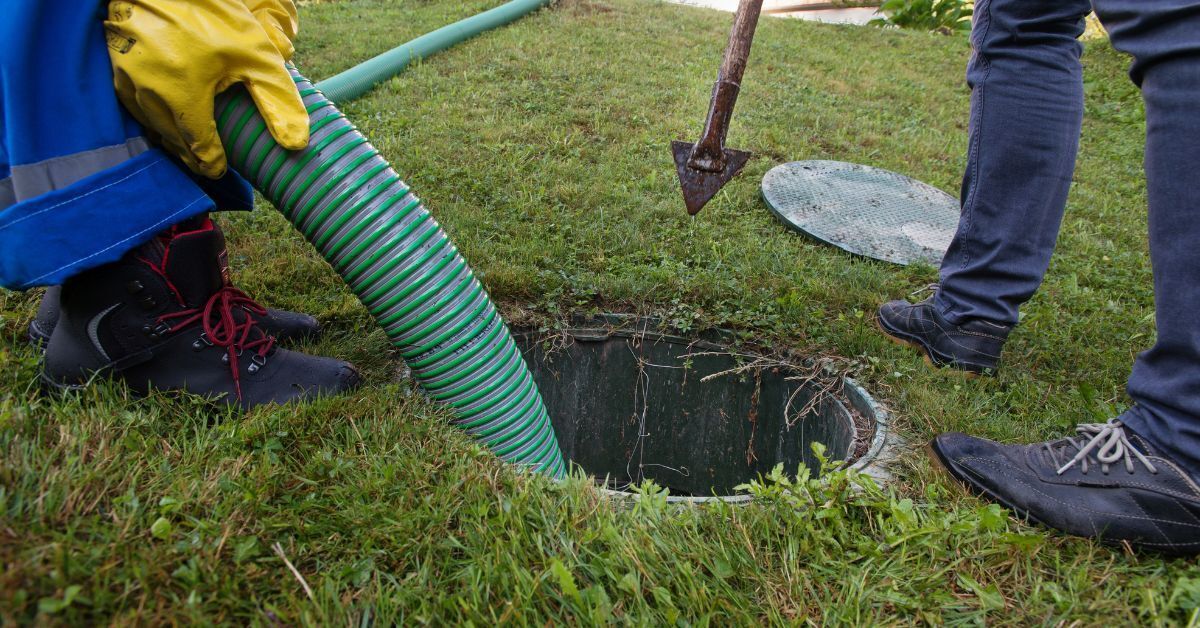
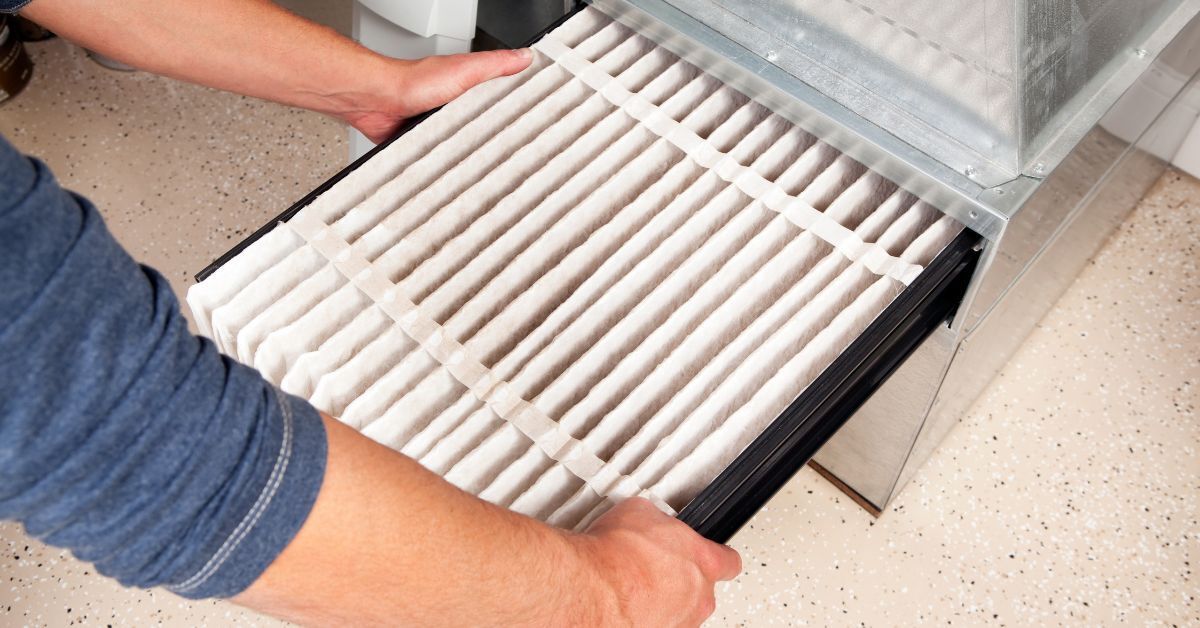
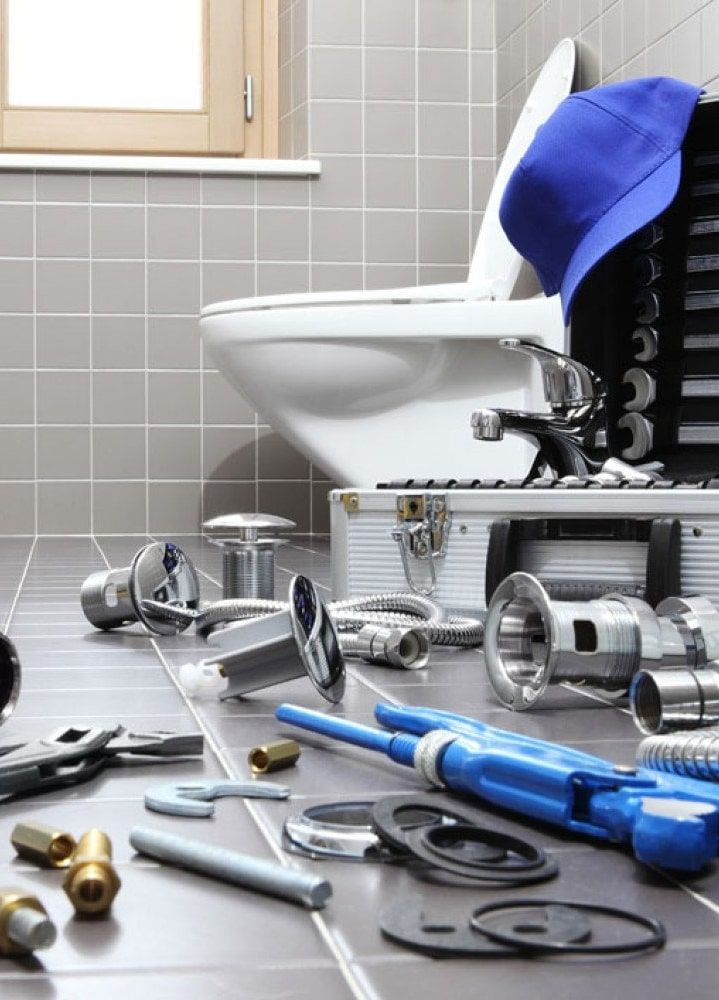

Copyright © 2024 H&H Plumbing Heating & Air, all rights reserved.
Abilene, KS 67410 (785) 263-1339

